Coaches’ Network
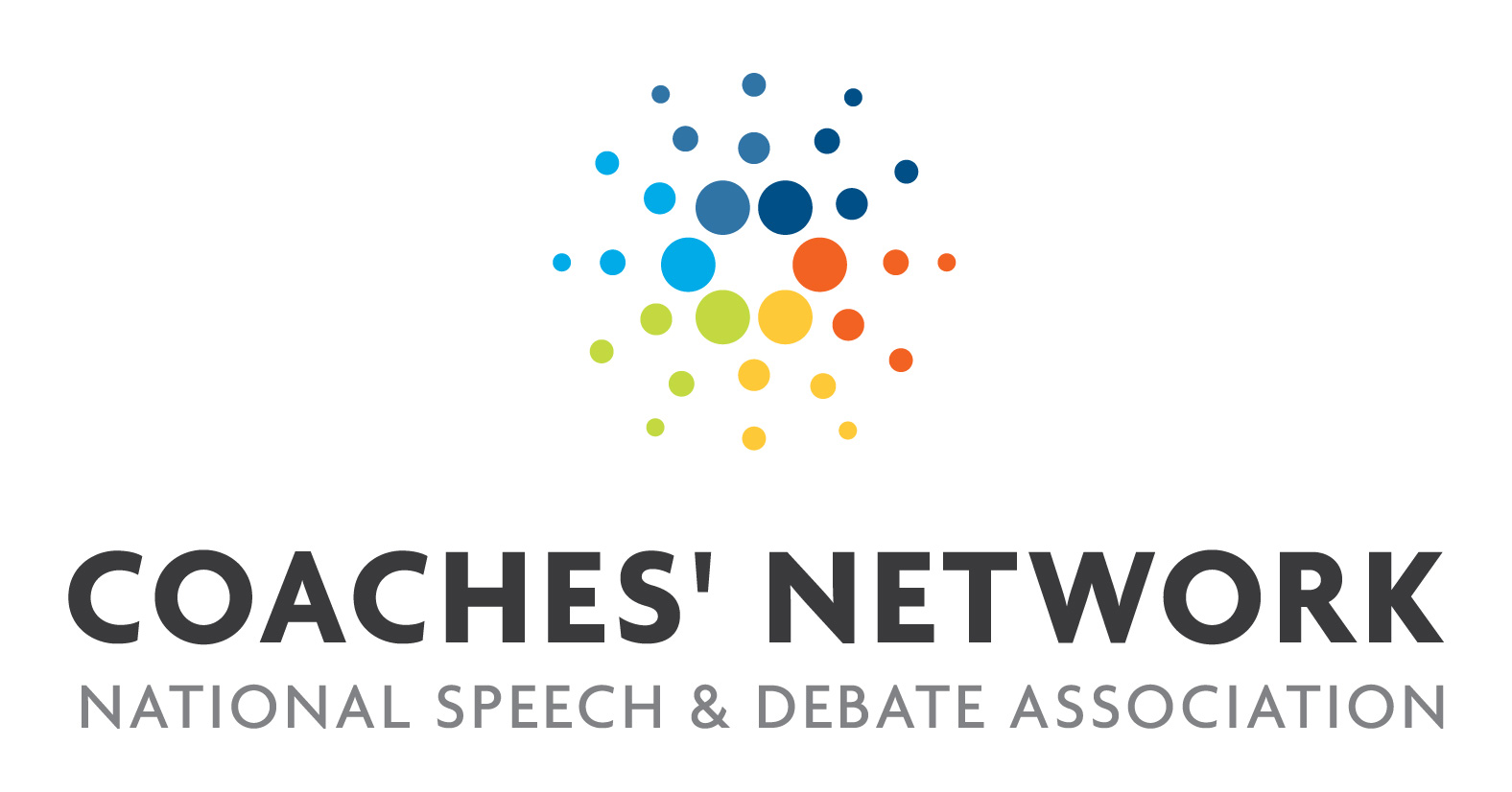
Each group in the Coaches’ Network is led by two co-chairs who act as liaisons between the coaches and the national office. Every group meets at least three times a year (twice virtually and once in person at the National Tournament) and uses a variety of strategies to support its members. Group leaders also work closely with the NSDA Director of Belonging and Inclusion to share ideas, raise concerns, and ensure all voices are heard in a collaborative and respectful environment.
We encourage you to explore this page to learn more about our mission and activities. If you have any inquiries, please don’t hesitate to reach out to paul.porter@speechanddebate.org.
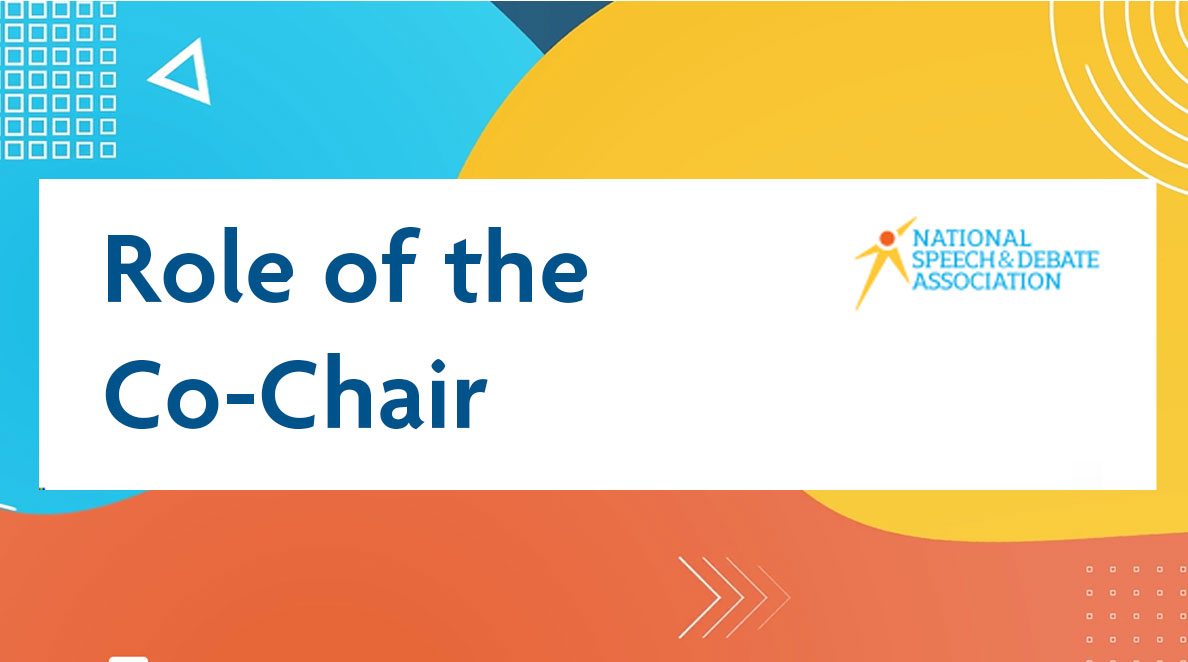
The Role of the Co-Chair
Communication |
Consulation |
Support |
| Co-Chairs serve are the bridge between coaches and the National Office. We ask for your help in sharing and clarifying our message when appropriate. This includes communicating with coaches about meeting dates, NSDA resources, and other relevant updates. Clear, consistent communication should remain at the center of your role. | We value the expertise co-chairs bring. From time to time, we’ll seek your insights—drawing both from your coaching experience and the unique context in which you serve (e.g., as a coach at a rural school). We also ask that you encourage coaches in your network to share their feedback and communicate openly with us. | Co-Chairs serve as role models and support systems for fellow coaches, especially those who are new to the role. We ask that co-chairs make a reasonable effort to offer guidance and support to the coaches in their network. |
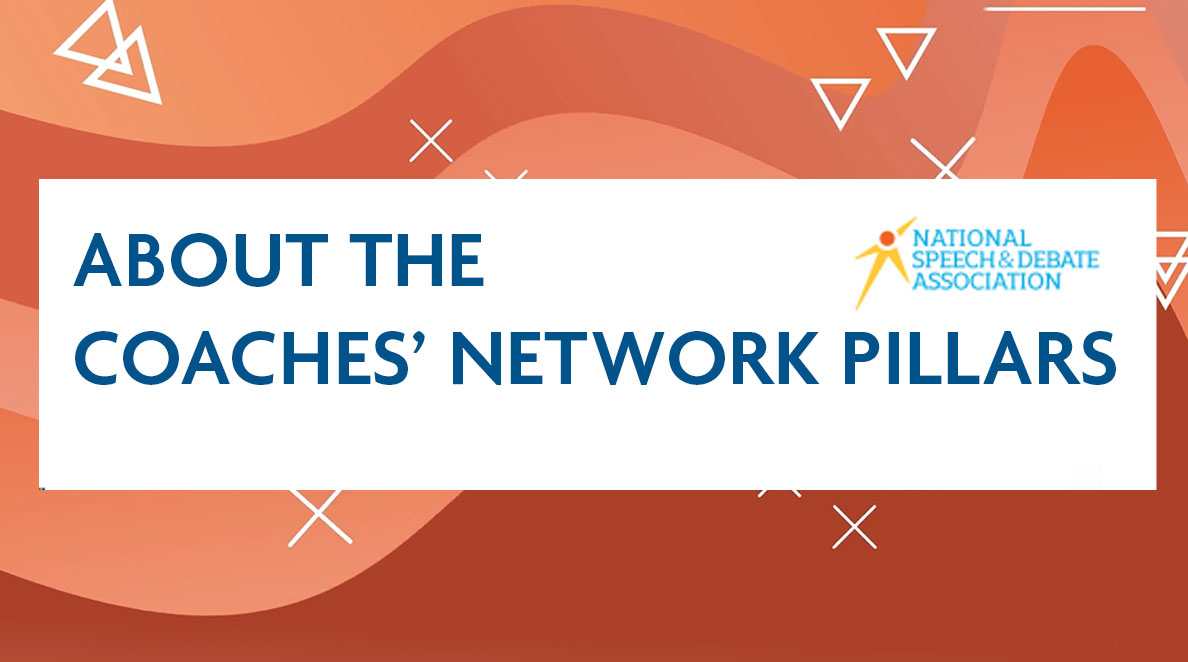
Community |
Mentoring |
Professional Development |
| Fostering relationships/building networks with other coaches helps establish a culture of community, provides a resource in the form of experienced coaches, and eases the anxiety coaches face. | Focusing on mentorship helps retain coaches, encourage program growth, and advance the health and success of the activity. | Providing coaches with opportunities to enhance their skill sets, stay current on trends, and gain valuable information encourages growth and strengthens the quality of teams. |
Networking
Fostering relationships/building networks with other coaches helps establish a culture of community, provides a resource in the form of experienced coaches, and eases the anxiety coaches face.
Mentoring
Focusing on mentorship helps retain coaches, encourage program growth, and advance the health and success of the activity.
Professional Development
Providing coaches with opportunities to enhance their skill sets, stay current on trends, and gain valuable information encourages growth and strengthens the quality of teams.
Coaches’ Caucuses
The NSDA Coaches’ Caucuses foster connection, mentorship, and support through networking opportunities for coaches and judges. Each caucus meets virtually twice throughout the year and in person at the National Tournament.
Black/African American Coaches’ Caucus
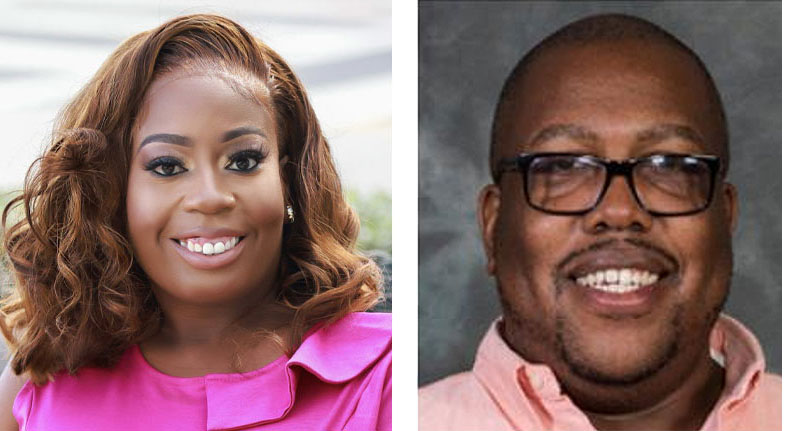
Renea L Moss, FL
Jonathan Alston, NJ
Black/African American Coaches’ Caucus
The mission of The Black Coaches Caucus of the NSDA is to support and highlight the excellence of Black coaches. Through nurturing spaces for mentoring, networking, and professional development, the Black Coaches Caucus seeks to create a national community where our diverse ideas can be exchanged and our best practices can be shared
Wednesday, September 10 – 7:00 p.m. CT
Hispanic/Latine Coaches’ Caucus
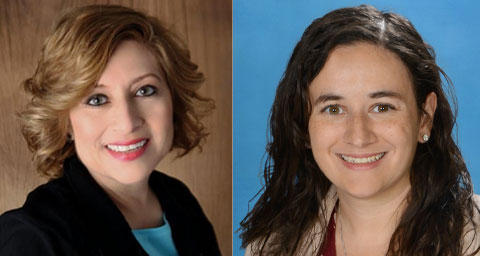
Vicky Beard, TX
Avis Yen, TX
Hispanic/Latine Coaches’ Caucus
Our Mission is to help speech & debate coaches with recruitment, mentorship and resources to expand the Hispanic/Latine footprint within NSDA. To be a beacon of light and safe harbor for all coaches of Hispanic/Latine background. ¡Somos Unidos! ¡SOMOS NSDA!
Monday, March 23– 7:00 p.m. CT
LGBTQIA+ Coaches’ Caucus
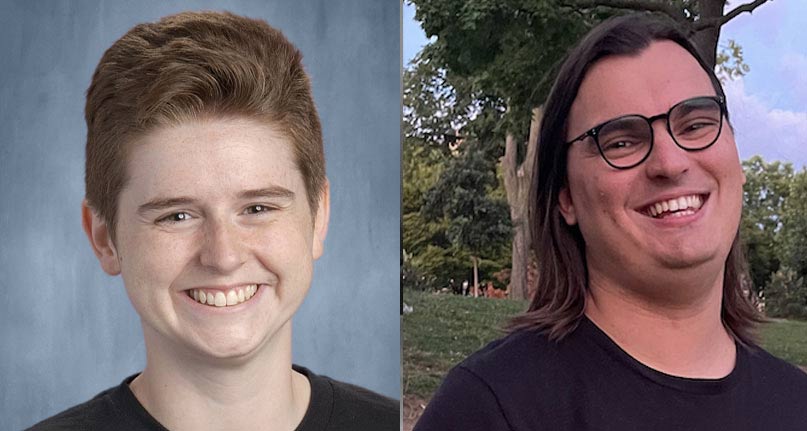
Alex Larsen, OR
WK Kay, NY
LGBTQIA+ Coaches’ Caucus
The LGBTQIA+ Coaches’ Caucus seeks to uplift and protect queer coaches and students by amplifying our voices, investing in our professional growth, and celebrating our successes. Understanding that we all exist at many lines of intersection, we strive to make speech and debate a space for everyone: inclusive, equitable, and proud.
Monday, March 30 – 7:00 p.m. CT
Women’s Coaches’ Caucus
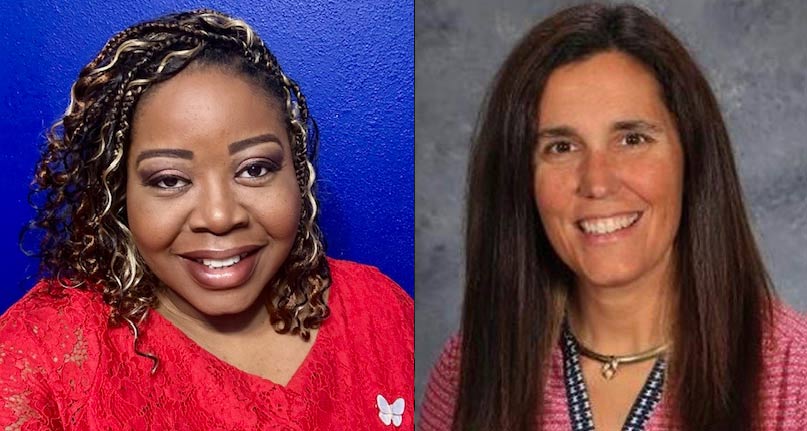
Lillian Adeyemi, TX
Kim Lenger, MO
Women’s Coaches’ Caucus
The Women’s Coaches Caucus provides mentorship opportunities and moral support for the unique circumstances women face as Competitive Speech and Debate coaches. We also discuss strategies to support female students. Through open discussions and shared experiences, we strive to build a network of women who encourage, support, inspire, and empower one another.
Sunday, March 1 – 7:00 p.m. CT
AAPI Coaches Caucus
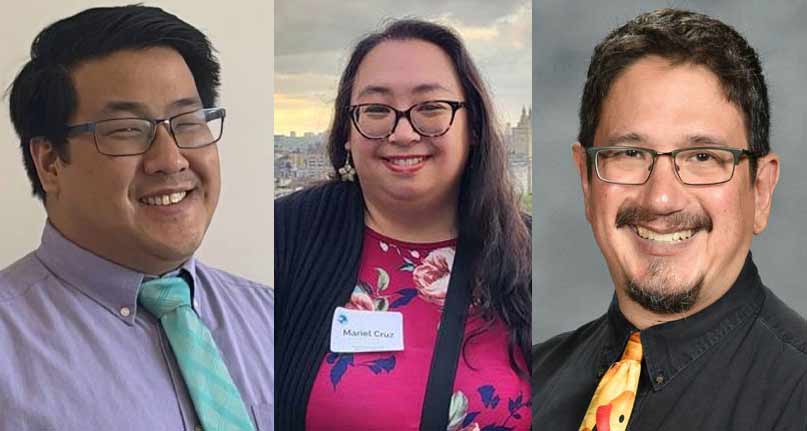
Harry Yu, TX
Mariel Cruz, CA
David Long, PA
Asian/Pacific Islander Coaches’ Caucus
The AAPI coach strives to promote a space where we can share our voices in diversity from our personal cultures, experience as coaches, and/or the experiences of our students who come from AAPI communities. We share ideas, practices and resources from coaches who deal with these issues on a personal note, or with coaching their students. We listen, empathize, and problem-solve.
Thursday, April 2 – 7:00 p.m. CT
Access and Ability Alliance Leaders
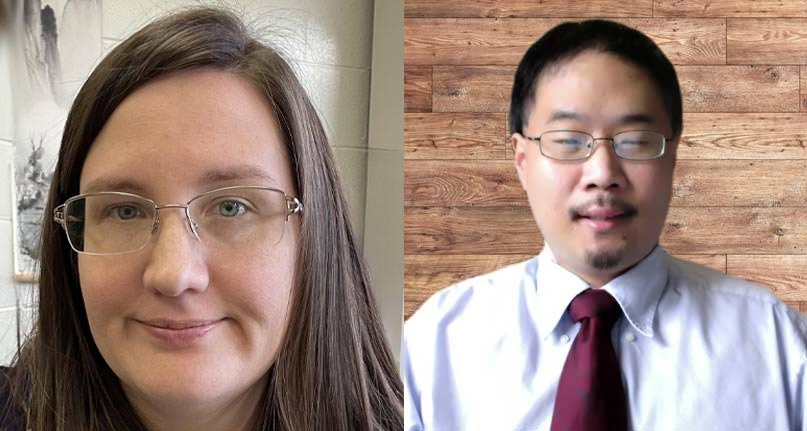
Kimberly N. Reiner, OH
Jesse Meyer, IA
Access and Ability Alliance
The Access and Ability Alliance Caucus endeavors to provide accurate and substantive information to the NSDA coaching and judging community about the legal and practical impacts that experiencing a disability has on both the person with the disability and on the individuals coaching, chaperoning, and judging those individuals. The co-chairs will accomplish this mission through presentations and discussions.
Meeting date and time coming soon.
Indigenous Person’s Coaches’ Caucus
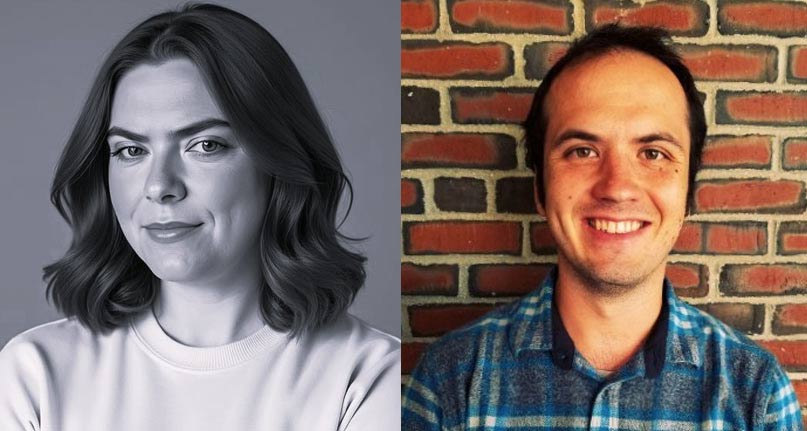
Betty Stanton, OK
John Russell, ME
Indigenous Persons Coaches’ Caucus
The Indigenous Persons Caucus exists to support both Indigenous coaches as well as coaches of Indigenous students. Our goals include maintaining a strong coaching community, providing opportunities for Indigenous students, encouraging the recruitment of Indigenous coaches, promoting Indigenous modes of communication within speech and debate, and educating the community at large about issues regarding Indigenous populations as they concern speech and debate.
Monday, April 13 – 7:00 p.m. CT
Coaches’ Interest Groups
The Coaches’ Interest Groups provide coaches space to discuss and address unique barriers faced from the viewpoint of the schools and teams they serve. These groups were created in 2024 and will have their first meetings at the 2024 National Tournament.
Coaches’ Interest Group Leaders
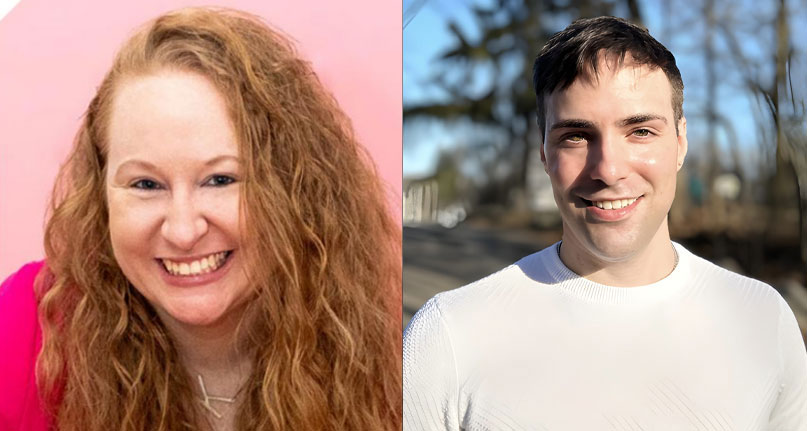
Small School Coaches’ Interest Group
Katy Russell (OH)
Scott Caron (MA)
The Small School Coaches’ Interest Group is geared toward coaches of schools with a population of under 1,000 students. This group seeks to share the traditions that define small schools while strategizing for their growth by maximizing quality despite quantity.
Thursday, March 19 – 7:00 p.m. CT
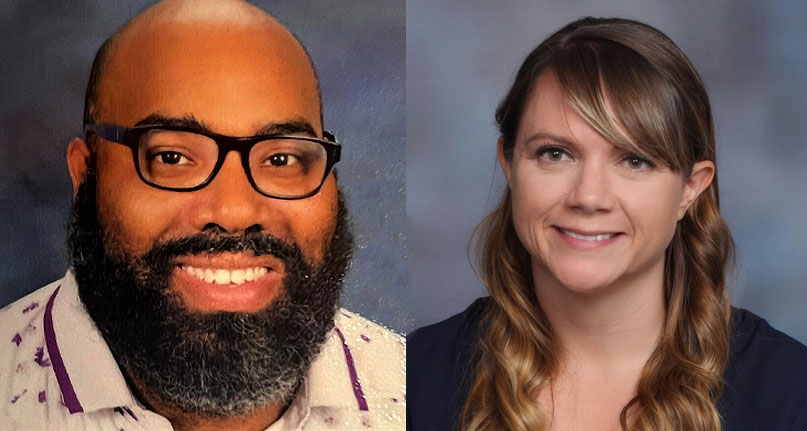
Rural Coaches’ Interest Group
Justin Cartwright (KS)
Christine Hubbard (ID)
The Rural Coaches’ Interest Group will focus on helping and supporting coaches in rural communities gain access to team resources. The group will provide ideas, materials, and curriculum to ensure members are well-equipped to help their students.
Thursday, March 19 – 7:00 p.m. CT
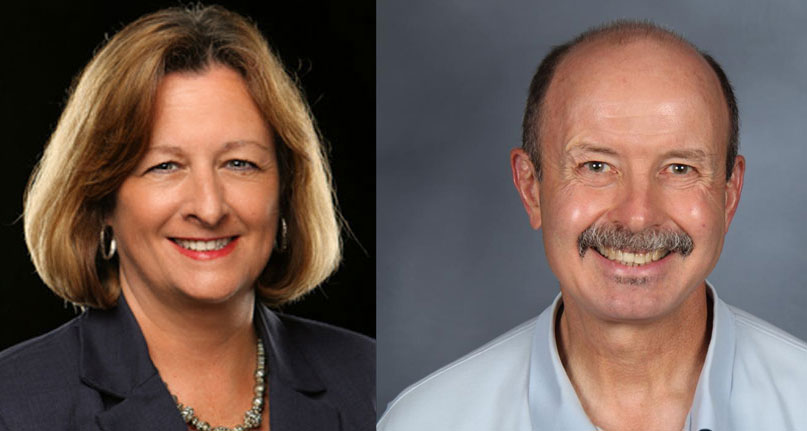
Independent (Non-Public) School Coaches’ Interest Group
Gail Nicholas (SC)
Michael Yeakey (IN)
The Independent (Non-Public) School Coaches’ Interest Group supports the growth of non-public schools (including but not limited to private, parochial, faith-based, virtual, homeschools, etc.) and their coaches. The group will focus on supporting coaches in navigating their participation in the National Speech and Debate Association so that they may fully develop their craft and equip them with the necessary skills and resources to thrive.
Thursday, March 19 – 7:00 p.m. CT
FAQs
Yes. Just like the National Tournament, caucus and interest group meetings are subject to the NSDA’s mission, core values, and harassment and discrimination policy. Any behavior that violates these expectations—or is disruptive, confrontational, or misaligned with the purpose of the space—may result in removal by the co-chair(s).
Yes. All caucuses and interest groups are open to all coaches. We believe coaches share a commitment to building teams where every student feels welcome, and many value learning from colleagues who bring different lived experiences and perspectives. Our caucuses and interest groups are designed to foster open, respectful, and constructive dialogue—not confrontation or hostility.
Consider our Community Learning Series units or any of our courses on NSDA Learn,
